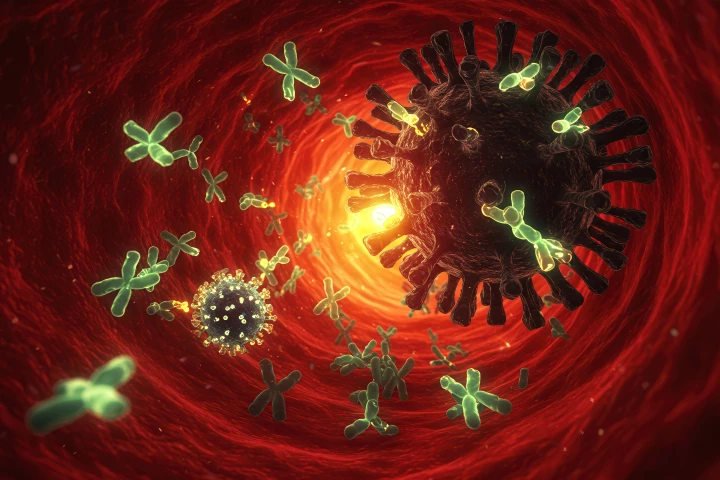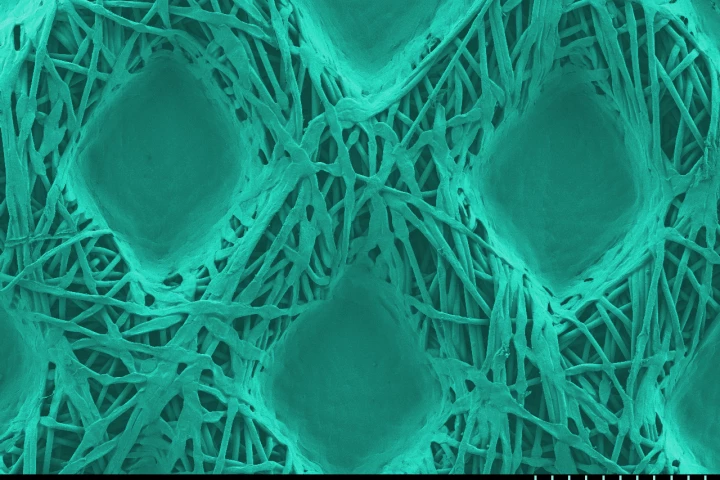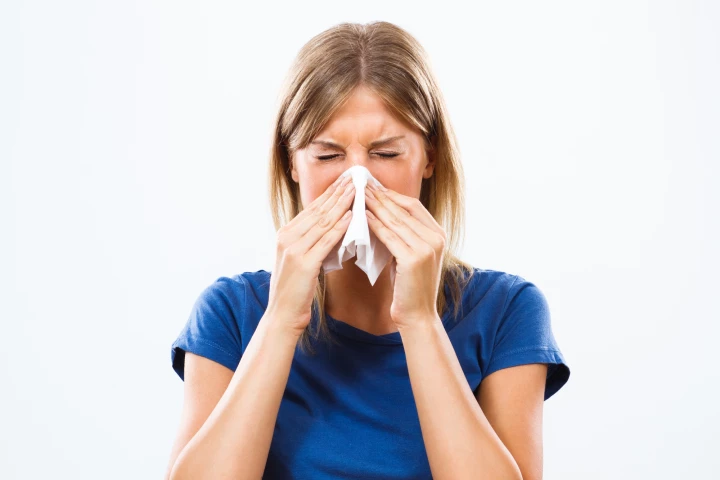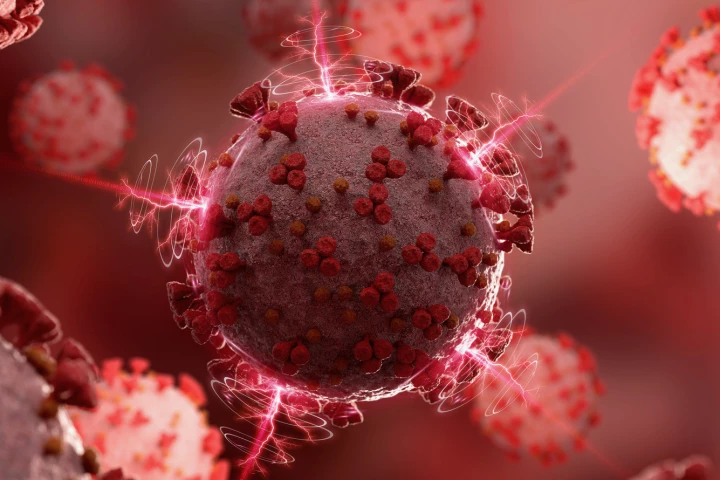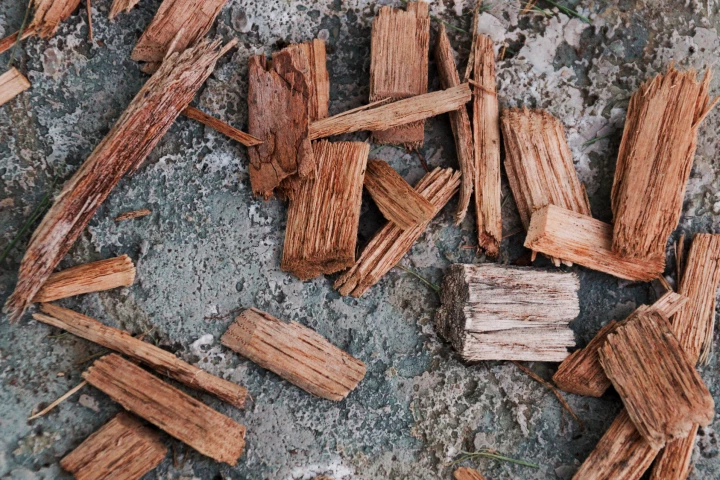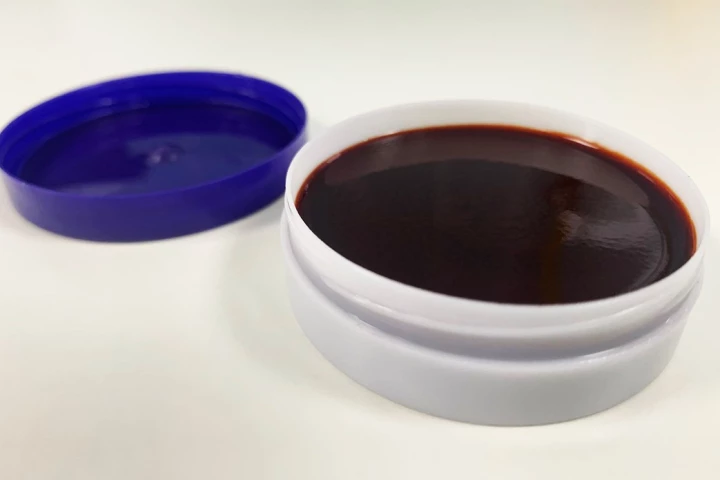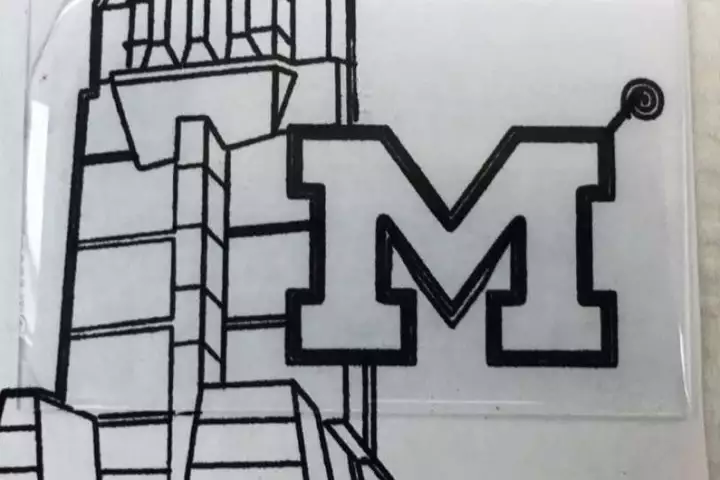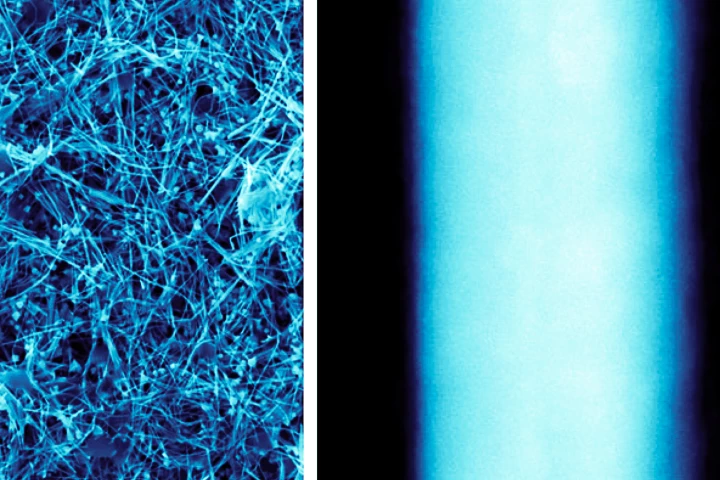Antiviral
-
An antiviral targeting the dengue virus was quietly abandoned by industry, but it's now suddenly back in the spotlight. A new study suggests it didn’t just slow the dengue virus, it blocked viral replication and reduced infection rates at high doses.
-
Tucked away in the immune systems of a few people across the globe was something extraordinary, a genetic shield against every virus nature could throw at them. Now researchers are trying to turn this discovery into a universal antiviral treatment.
-
Looking beyond jabs, sprays or tablets, scientists are thinking outside the box for delivering antiviral medication to prevent the spread of highly transmissible bugs. Their secret weapon? Chewing gum – but one made from a rather fascinating bean.
-
COVID antiviral Paxlovid wasn't perfect. Many patients couldn't take it due to extreme side effects but now the second generation of antivirals are on the way and they promise better efficacy and fewer drug complications.
-
Researchers developed a nanospiked surface that was 96% effective in destroying a common virus responsible for causing respiratory illnesses in children. The technology could safeguard researchers, health workers and patients from viral spread.
-
Hospitals are meant to heal people, but patients often pick up superbugs during their stay. Scientists have now developed long-lasting antimicrobial coatings for textiles that could allow hospital curtains to quickly kill viruses and bacteria.
-
A new study has found that an extract made from willow bark, the precursor to aspirin, possesses effective broad-spectrum antiviral properties. The discovery may mean we will soon have a new way of fighting viral infections like colds and flu.
-
In the neverending human-vs-virus battle, scientists often focus on disrupting the protein coating on the bugs. New research shows an alternative: using certain compounds to act as molecular "pins" that pop the membranes holding viruses together.
-
A rolling compressor from Japan has extracted water from plants without the need for a heat source, creating water-soluble antiviral compounds from cedar and ginger while turning the plants into clean, efficient fuels.
-
While most of us wouldn't dream of not washing our spoons or forks after each use, we have no problem repeatedly using – or sharing – a never-washed tube of lipstick. That's why scientists have developed a cranberry-fortified antimicrobial lipstick.
-
Although there are coatings that kill harmful microbes on frequently touched surfaces, most of those substances either have to be frequently reapplied, or they take a long time to work. A new coating, however, is claimed to address both shortcomings.
-
Copper is known for its ability to kill microbes on contact, which is why it's often professionally coated onto commonly touched items. A copper nanowire spray may allow everyday folks to give existing surfaces the same treatment, using a spray can.
Load More

